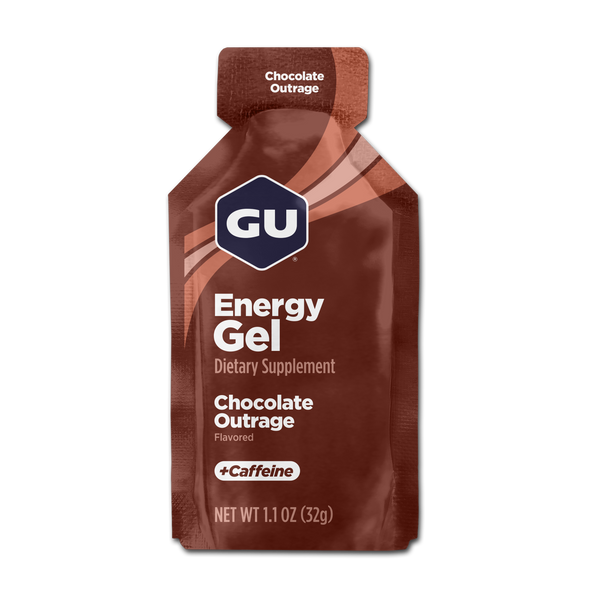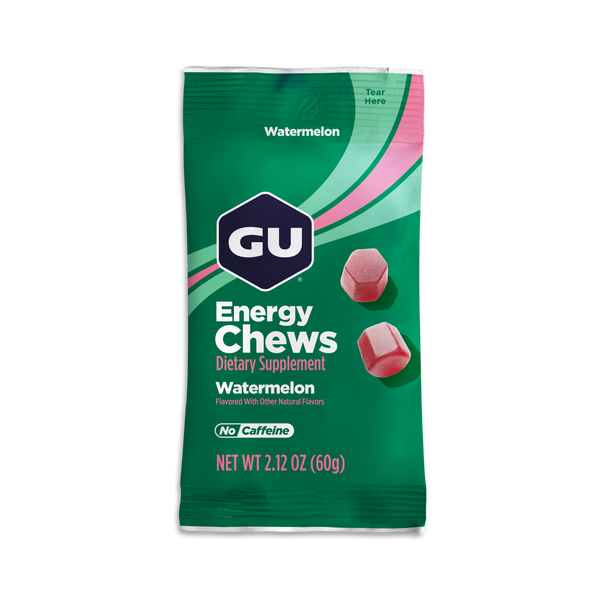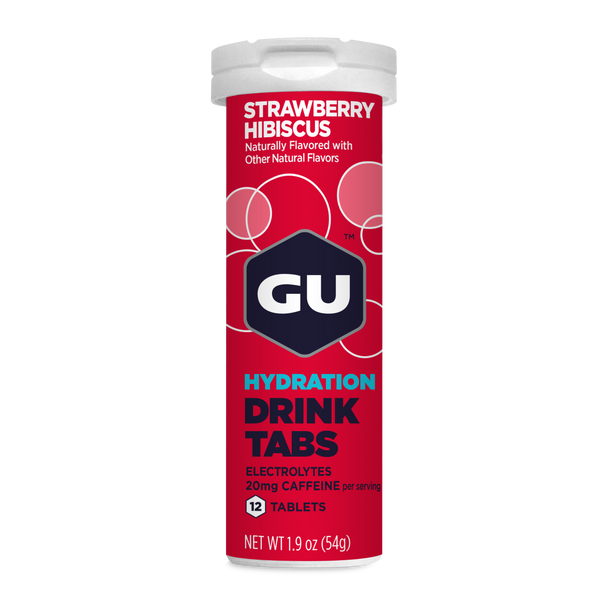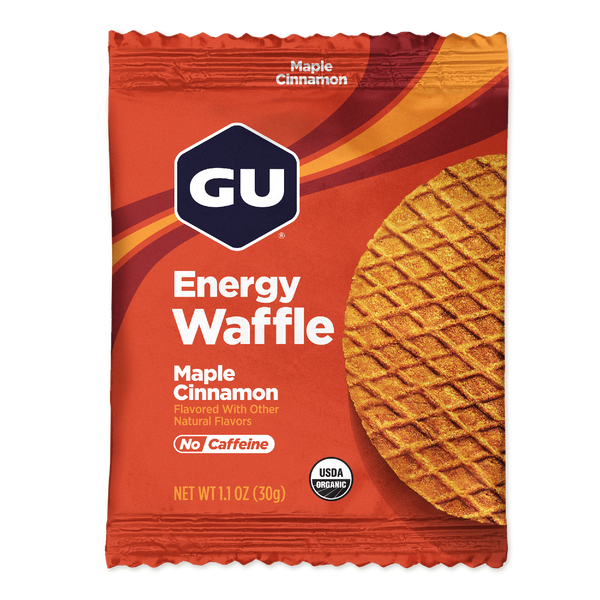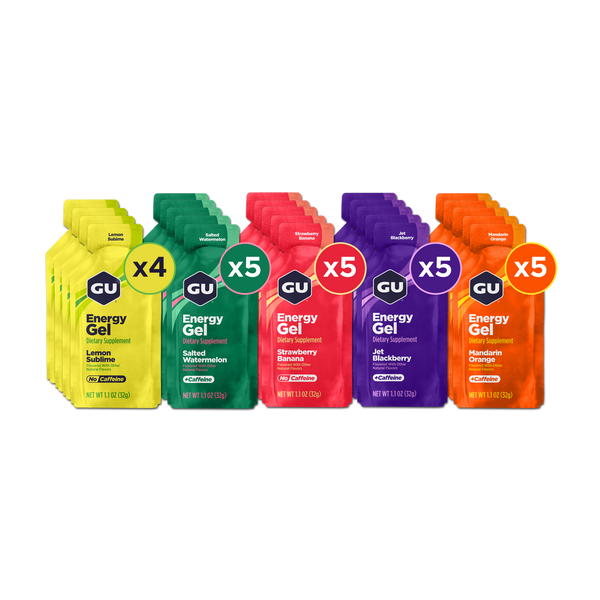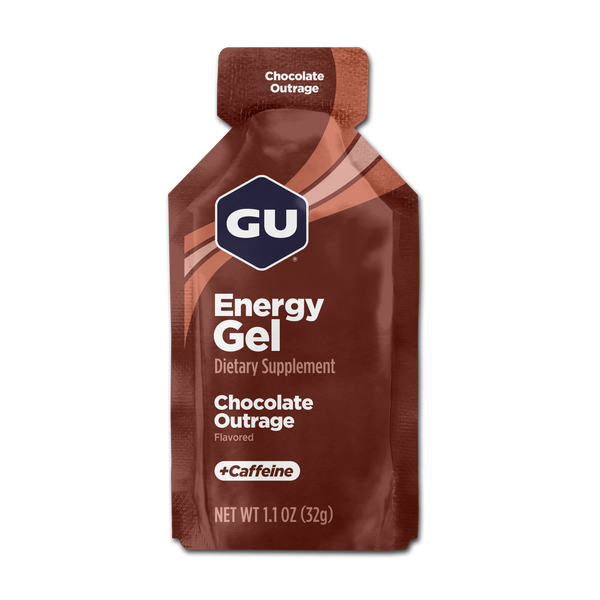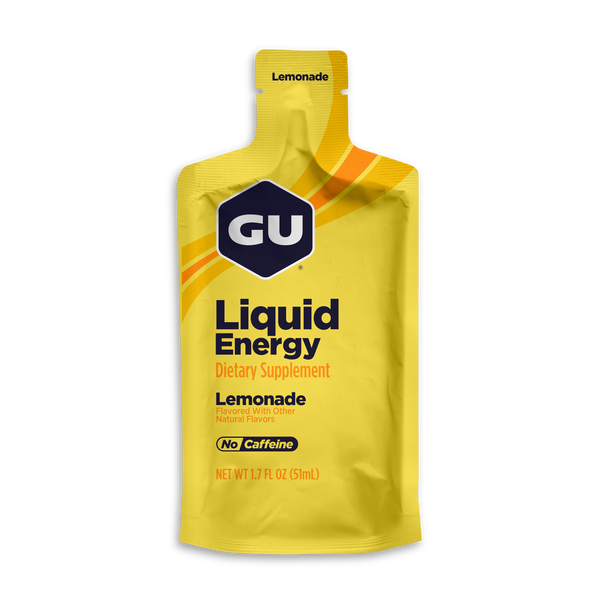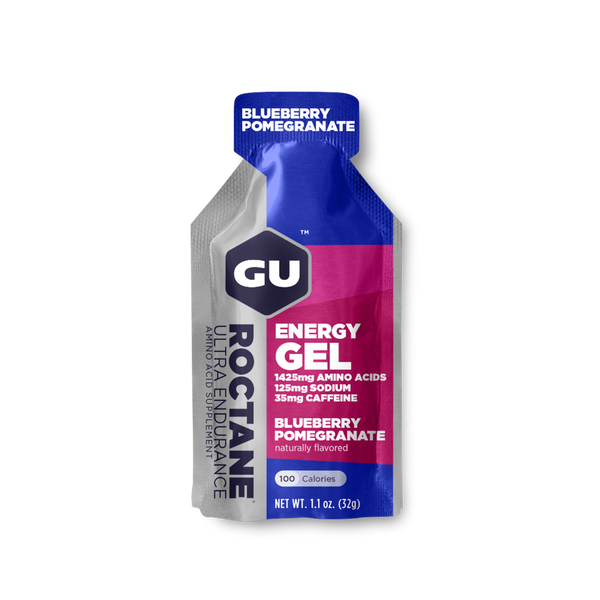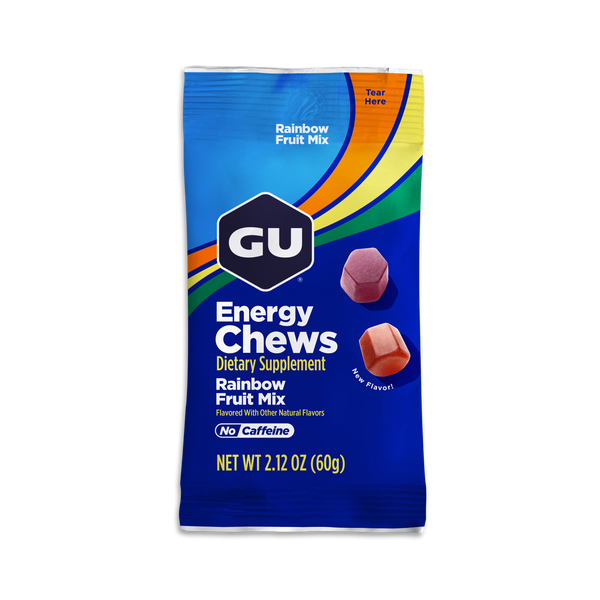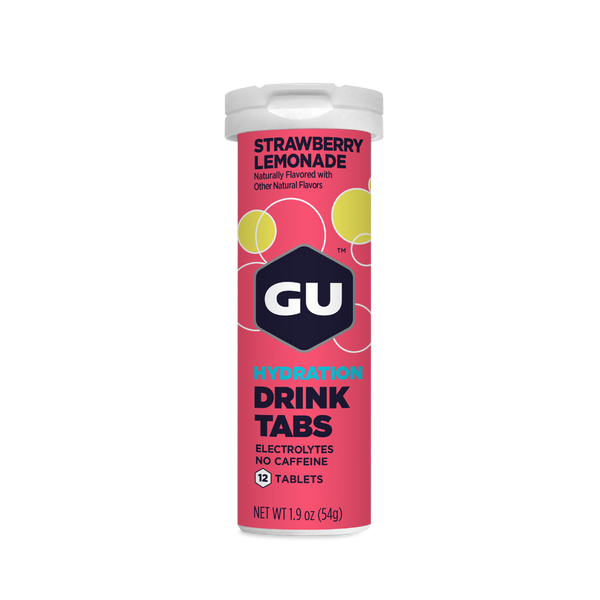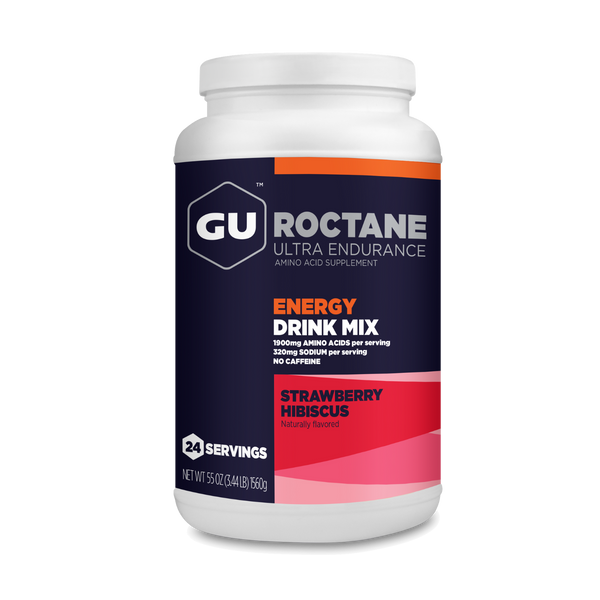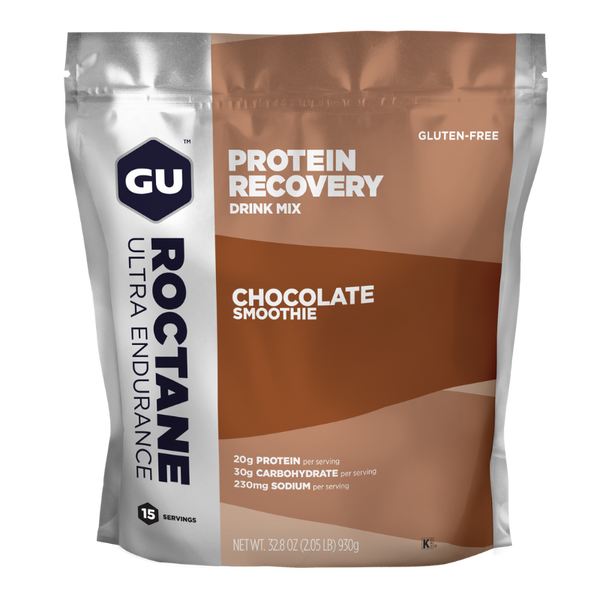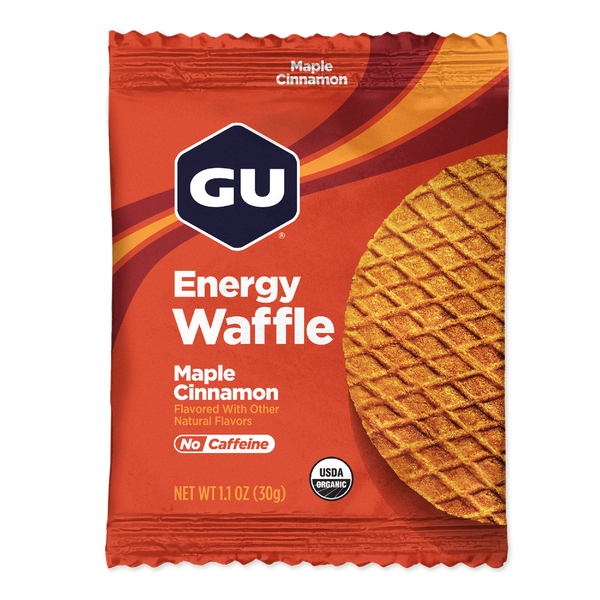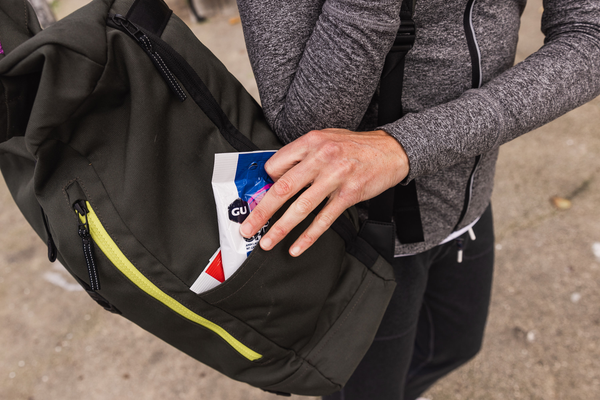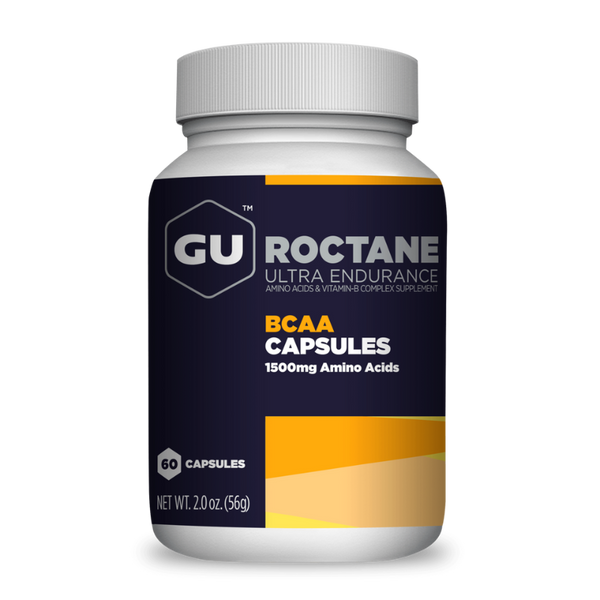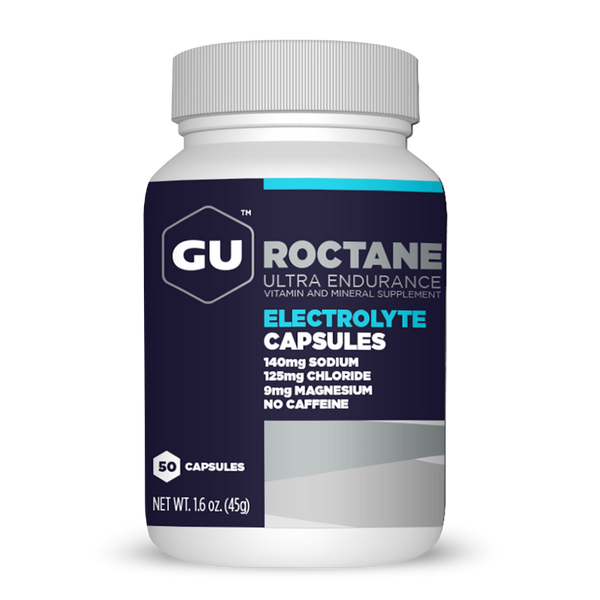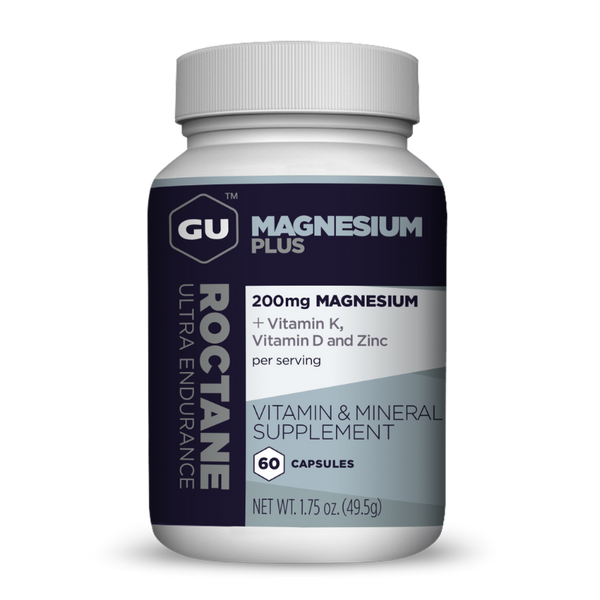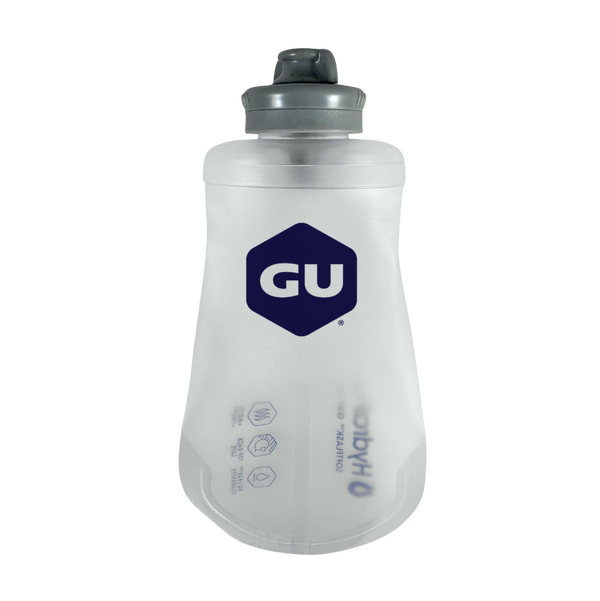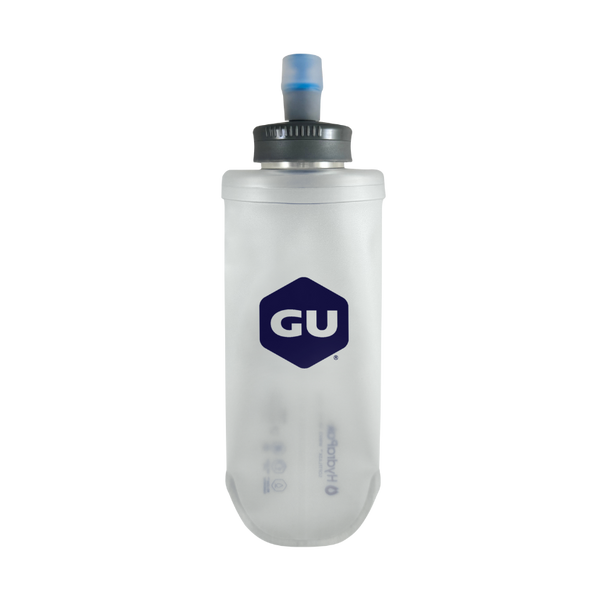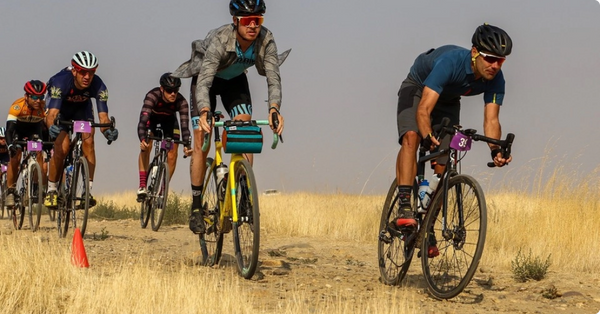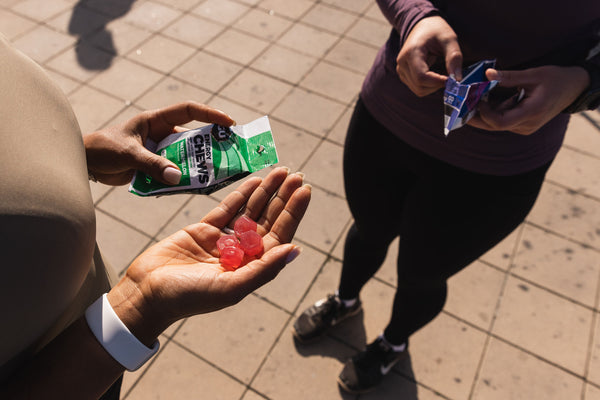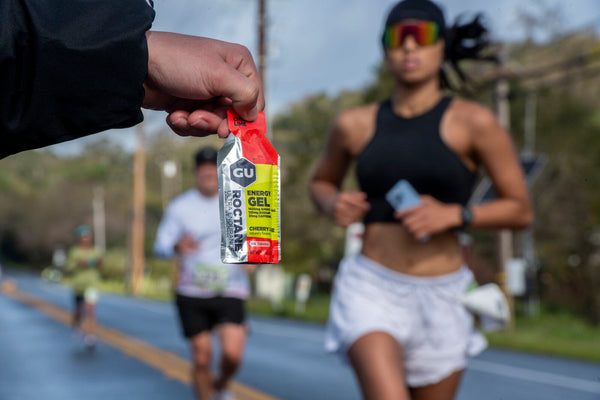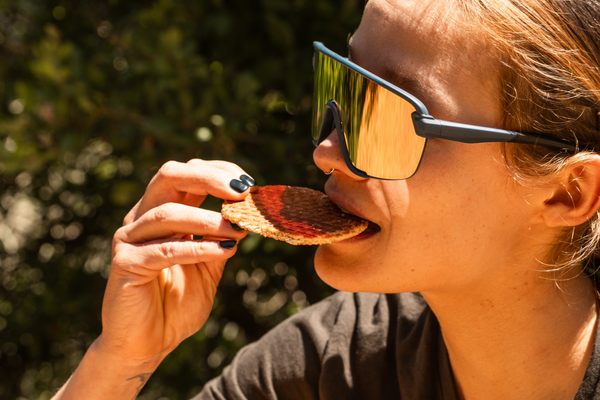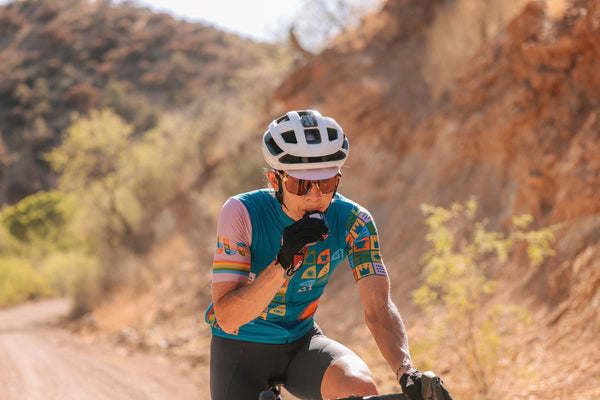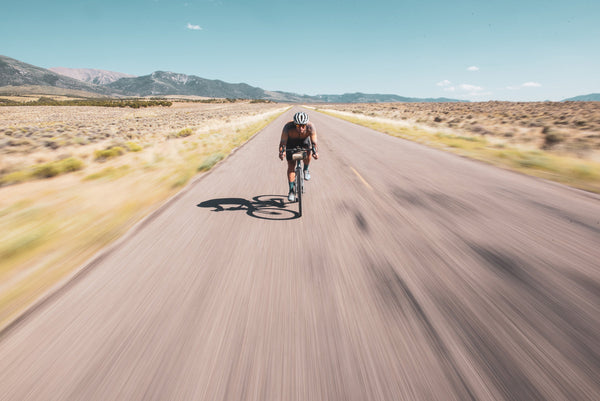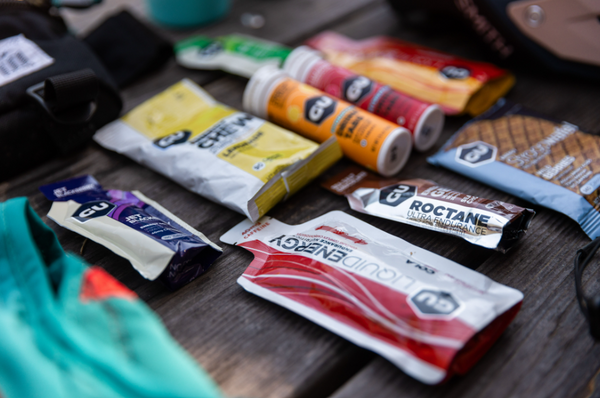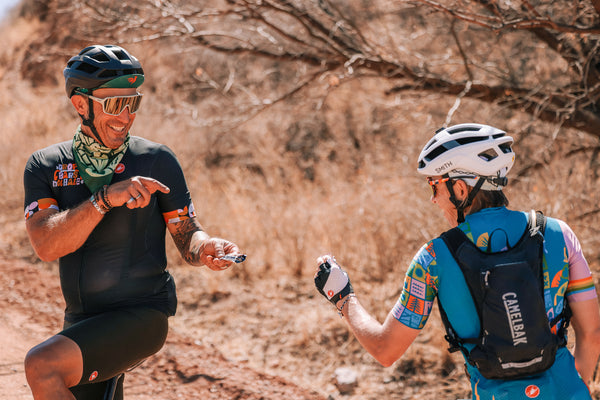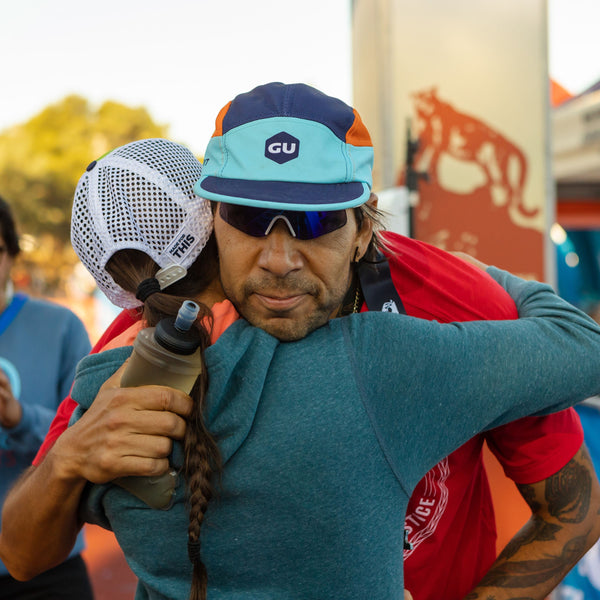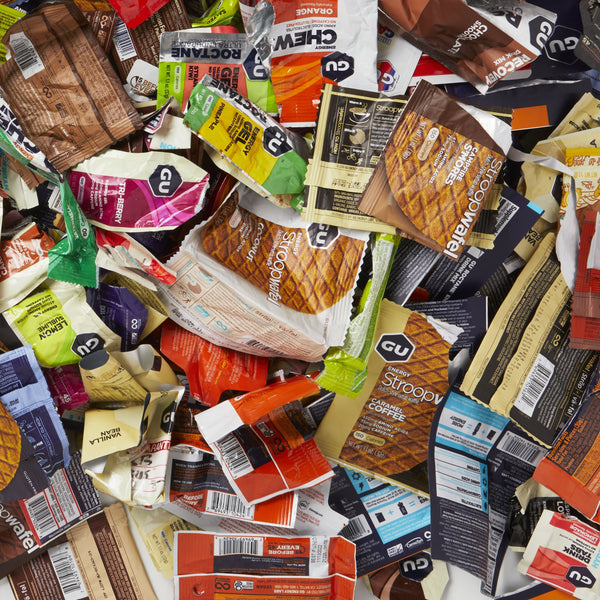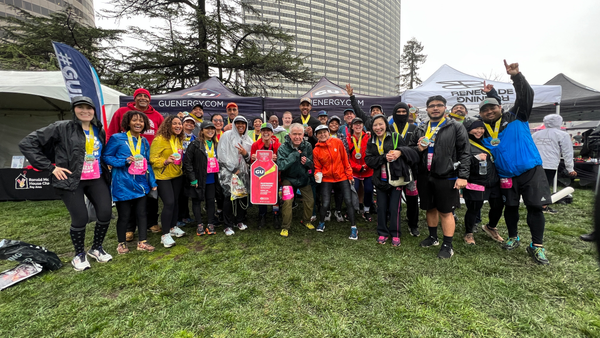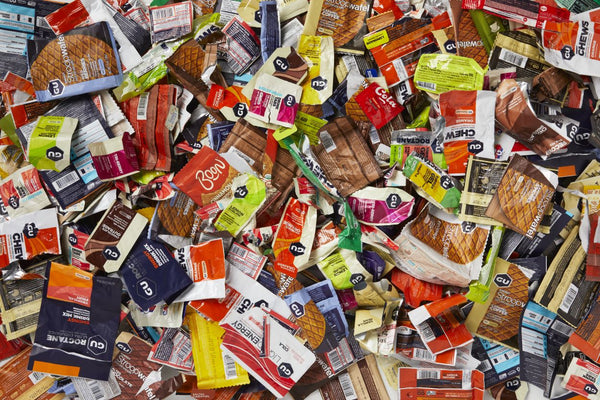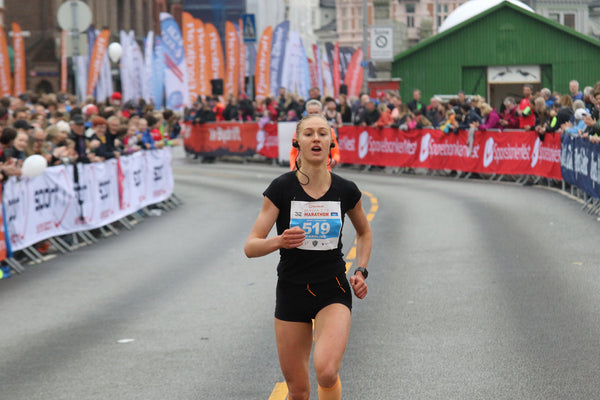Caffeine (1,3,7-trimethylxanthine) is the most widely consumed psychoactive drug in the world. Many of us--in fact, over 85% of Americans--consume at least one caffeinated beverage daily, such as coffee, tea, cola, or energy drinks. While this may be due in part to habit or culture, there are also those of us who use caffeine for its ergogenic (performance-enhancing) effect during exercise. And with good reason. Caffeine is one of the most researched and validated performance enhancers for endurance athletes.
For many years, the rule of thumb for optimum benefit has been to take 3-6 mg/kg body weight 60 minutes before exercise. Much of the existing performance research has been conducted using caffeine anhydrous, a concentrated caffeine powder, often administered in capsule or tablet form, which is useful for standardizing caffeine intake in a lab setting. With the ongoing advances in our understanding of this beloved compound, we thought it was high time we dove into the latest research on caffeine and endurance performance. Here’s the buzz:
1. YOUR GENETIC MAKEUP MATTERS.
Although caffeine is widely regarded as a top performance enhancer, individual genetic differences may play a role in whether its effects are ergogenic (performance enhancing) or ergolytic (performance diminishing). The CYP1A2 gene, which encodes for a liver enzyme responsible for caffeine metabolism (cytochrome P450), contains a single nucleotide polymorphism that can have either A or C alleles. People carrying C alleles (AC or CC genotypes) are slower caffeine metabolizers and may not benefit as much as those with AA genotypes, who metabolize caffeine faster. It’s estimated that 40% of us are fast metabolizers. An at-home genetic test kit can reveal which type you are, or you can probably figure it out from how you feel after a large dose of caffeine. If you tend to feel anxious or jittery, chances are you’re a slow metabolizer. If you can drink a pot of coffee over the course of a day (not that we’d recommend it) and still sleep like a baby, you’re probably a fast metabolizer.
2. TAKE IT EASY.
Small doses of caffeine (1-3 mg per kilogram body weight) are all that’s needed to see a performance benefit when taken before or during endurance exercise. For most folks, that’s about 70-200 mg (~1-2 cups of coffee equivalent). So, put down that mega-caffeinated energy drink and try our Cold Brew Roctane Energy Gel (with 70 mg caffeine) instead.
3. GREAT NEWS, LADIES.
Women stand to benefit just as much from the same low dose of caffeine as men. A recent study found that female cyclists taking 3 mg per kg body weight of caffeine (or ~180 mg for the average 130lb female) before exercise resulted in similar (~4.5%) improvements in endurance performance.
4. YOUR HABIT PROBABLY DOESN'T HURT.
There’s been a long-standing perception that habitual caffeine use can decrease the performance benefits of taking caffeine before or during exercise. Well, java aficionados and daily coffee drinkers, rejoice! Recently, researchers have found this to be untrue, noting that a pre-exercise dose of caffeine (6 mg/kg body weight) improved performance equally among low (~50 mg/day), moderate (~150 mg/day), and high (~350 mg/day) habitual caffeine users. It may not be necessary to abstain from caffeine before races and events to “re-sensitize” to its energy-boosting effects. We’ll call that a win.
5. MORE WAYS TO GET YOUR GIDDY UP.
Standardized amounts, such as what you’ll find in sports nutrition products, capsules, and tablets, are easier to manage from a dosage standpoint than your morning cup of coffee. Coffee is both delicious and effective, but it is hard to standardize the amount of caffeine in a serving. Caffeine content can vary widely by type of bean, roasting process, brewing method, and serving size (hint: your standard mug is probably greater than 8 ounces of coffee).
Enter a whole array of caffeinated products, including caffeinated gums and lozenges, and even oral sprays. These products take advantage of the rather quick uptake of caffeine in the oral cavity versus swallowing a capsule or caffeinated food or drink. The best time to pop a piece of caffeinated gum seems to be immediately before, versus the standard 60 minutes before exercise.
6. IT'S NOT JUST FOR ENDURANCE PERFORMANCE.
A 2020 umbrella review looking at 21 published meta-analyses (that’s a study of studies of studies!) on the subject of caffeine and performance suggests it’s beneficial for many different types of exercise, not just aerobic endurance. The diagram below shows how all the of meta-analyses (long considered the gold standard of evidence for governing bodies like the IOC) favored caffeine for its performance enhancing powers over placebo for activities included high intensity interval training, an essential component to many athletes’ training regimens. Specifically, the authors concluded that caffeine is ergogenic (performance enhancing) for different domains of exercise performance including aerobic endurance, muscle strength, muscle endurance, power, jump performance and speed.

KEY TAKEAWAYS
- Caffeine is ergogenic for endurance performance when consumed before and during exercise and appears to benefit men and women equally from the same low dose (3 mg/ kg body weight).
- Small doses (about 70-200 mg, or a 1-2 cup of coffee equivalent) taken an hour before training is all you need to see a performance boost. For extra-long days (3 hours or more), repeated small doses (micro dosing) may be the best strategy.
- The benefits of caffeine may be felt more by those with a certain genetic makeup, known as “fast metabolizers.”
- Abstaining from caffeine before races and big events may not be necessary, as both high and low habitual caffeine users benefit from a moderate dose (6 mg/kg body weight) of caffeine before exercise.
- New forms of caffeine delivery make it easy to standardize your intake. In addition to coffee, tea, and energy drinks, there are sports nutrition gels, chews, bars, and even caffeinated gums and lozenges to help you get your fix. Our favorite, a that of many of our athletes is Roctane Cold Brew Energy Gel with 70mg of caffeine and a LOT of delicious coffee flavor.

